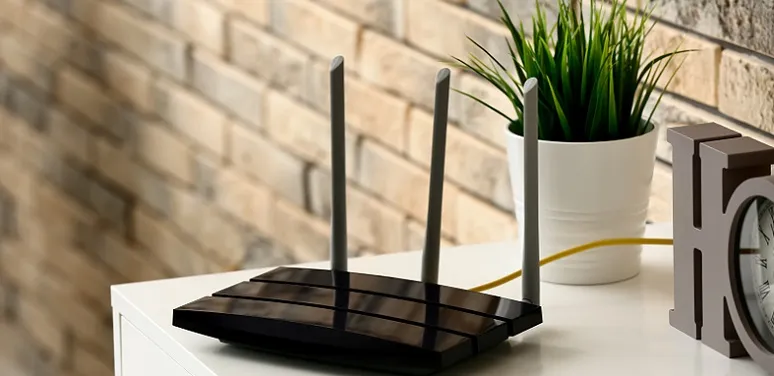Wi-Fi plays a central role in America’s daily operations, from powering personal connectivity in the home to facilitating digital workplaces, education, healthcare, small businesses, agriculture, manufacturing, and much more.
Without adequate spectrum for unlicensed use, America faces the possibility of Wi-Fi congestion, which would undermine the connectivity that keeps people productive, entertained, and informed. Not only that, but America will lose out on significant economic growth, given how many critical sectors rely on Wi-Fi.
Wi-Fi is also essential to smart home technology — now a defining part of how Americans live, work, and manage their households. U.S. internet households today average 17 connected devices and rely on Wi-Fi to keep everything from thermostats to appliances to security systems running smoothly.
As more smart home technologies become standard, Wi-Fi connects these devices in real time and enables the seamless automation that’s transforming everyday life.
Everyday convenience
Smart homes are no longer a futuristic concept. Homebuilders are now incorporating connected functionality into standard designs, and millions of homeowners are upgrading their existing spaces with smart tools that make daily life easier, faster, and more flexible.
With a simple voice command or tap of a smartphone, households can turn on lights, adjust the thermostat, lock doors, or start appliances remotely. Wi-Fi also enables more sophisticated routines: morning sequences that brighten the lights, start the coffee maker, cue the news, and adjust room temperatures — or nighttime settings that dim lights, secure doors, and power down entertainment systems.
Home security and safety
Security is one of the biggest drivers of smart home adoption. Wi-Fi links together devices that help homeowners maintain awareness and control from anywhere:
- Video doorbells with real-time streaming
- Smart locks with remote access
- Motion sensors and whole-home monitoring
- Instant notifications when unexpected activity occurs
Beyond convenience, Wi-Fi enables essential safety tools. Smart smoke detectors and carbon monoxide alarms send immediate alerts when hazards arise — whether a homeowner is upstairs or across the country.
In a crisis, seconds matter. Wi-Fi delivers the always-on connectivity that helps people stay informed and responsive.
Energy efficiency and sustainability
Smart home technology also plays an important role in reducing energy use and supporting sustainable living. Wi-Fi powers:
- Learning thermostats that optimize heating and cooling
- Smart plugs and lighting that shut off automatically
- Real-time energy dashboards that highlight waste and opportunities to save
These small adjustments add up. Connected homes help families use energy more efficiently, lower monthly bills, and reduce their environmental footprint — all through automated systems that work in the background.
Why shared spectrum matters
As the number of connected devices per household continues to rise, demand on home Wi-Fi networks is surging. Without sufficient access to unlicensed and shared spectrum, these networks can become congested and compromise the benefits of smart home living.
Wi-Fi is the foundation of the modern home. To support the next wave of innovation and ensure connected living is accessible to all, expanding access to shared spectrum is essential.
To learn more about the important role that Wi-Fi and unlicensed spectrum play in the broadband ecosystem, visit NCTA.com.









